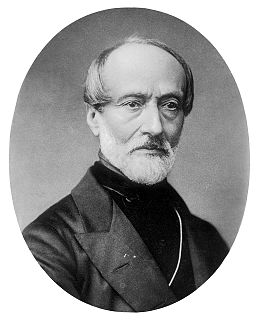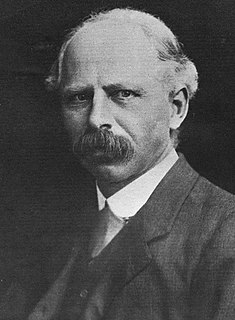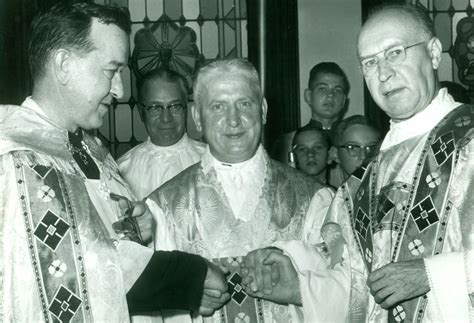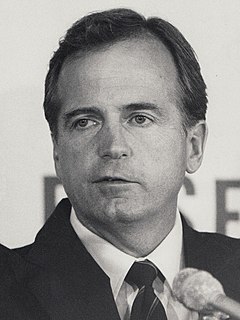A Quote by Noam Chomsky
It is true that classical libertarian thought is opposed to state intervention in social life, as a consequence of deeper assumptions about the human need for liberty, diversity, and free association.
Related Quotes
Instead of a bumbling and inefficient tool of society, the radical [libertarian] sees the State itself, in its very nature, as coercive, exploitative, parasitic, and hence profoundly antisocial. The State is, and always has been, the great single enemy of the human race, its liberty, happiness, and progress.
The State, of course, is absolutely indispensable to the preservation of law and order, and the promotion of peace and social cooperation. What is unnecessary and evil, what abridges the liberty and threatens the true welfare of the individual, is the State that has usurped excessive powers and grown beyond its legitimate function - the super-State, the socialist State, the redistributive State, in brief, the ironically misnamed 'Welfare State.'
The libertarian creed...offers the fulfillment of the best of the American past along with the promise of a far better future. Libertarians are squarely in the great classical liberal tradition that built the United States and bestowed on us the American heritage of individual liberty, a peaceful foreign policy, minimal government, and a free-market economy.
If others tell us something we make assumptions, and if they don't tell us something we make assumptions to fulfill our need to know and to replace the need to communicate. Even if we hear something and we don't understand we make assumptions about what it means and then believe the assumptions. We make all sorts of assumptions because we don't have the courage to ask questions.
The issue of religious liberty is absolutely critical. America was founded on three different types of liberty: political liberty, economic liberty, and religious and civil liberty. It's remarkable that, one-by-one, these strands of liberty are coming under fierce attack from the Left. And that's particularly ironic because "liberal" derives from a word which means "liberty," the free man as opposed to the slave. This liberalism which we're saddled with today isn't a real liberalism at all, but a gangster style of politics masquerading as liberalism.
Education is character development, harmonious completion of human personality. But what the state accomplishes in this field is dull drill, extinction of natural feeling, narrowing of the spiritual field of vision, destruction of all the deeper elements of character in man. The state can train subjects...but it can never develop free men who take their affairs into their own hands; for independent thought is the greatest danger that it has to fear.
The function of State coercion is to override individual coercion, and, of course, coercion exercised by any association of individuals within the State. It is by this means that it maintains liberty of expression, security of person and property, genuine freedom of contract, the rights of public meeting and association, and finally its own power to carry out common objects undefeated by the recalcitrance of individual members.
Anarchism as the name for an ideal total social form is a really complicated question. I have never found satisfying answers from anarchists about the definition of the state they are opposed to. Most are opposed to coercive forms of state power. Questions about large scale systems of organization and how they will be funded - those are questions it's hard to get anarchists to give good answers to.
We destroy the most hallowed of relations, when we replace home education by social.And your education! Is not that also social, and determined by the social conditions under which you educate, by the intervention, direct or indirect, of society, by means of schools, etc.? The Communists have not invented the intervention of society in education; they do but seek to alter the character of that intervention, and to rescue education from the influence of the ruling class.





































